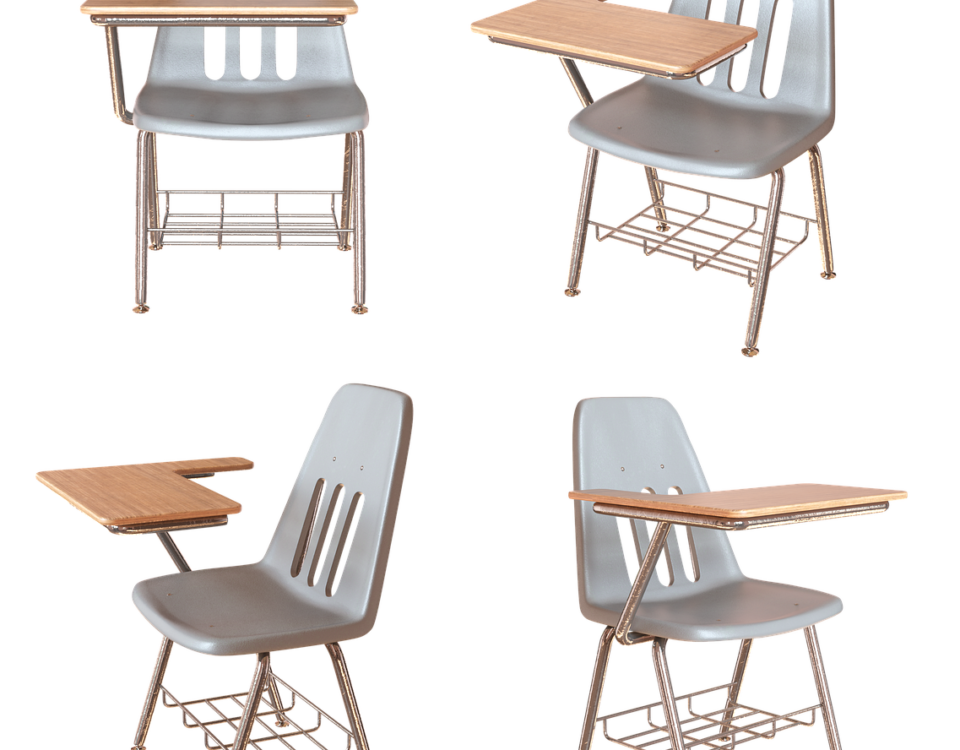Nickel Ceramic Composite Tooling (NCC Tooling) for Mass Production Molds

Features and Applications of the ExpressTool™ Molding Process
February 18, 2025
Gas-Phase Deposition Nickel Shell-Backer Mold: Manufacturing Process and Applications
February 18, 2025The Nickel Ceramic Composite Tooling (NCC Tooling) is an advanced mold manufacturing technology developed by CEMCOM, a company based in the United States. This innovative process is designed for mass production molds, offering a more efficient and cost-effective alternative to traditional molding methods. The NCC Tooling technology uses a combination of electroformed nickel shells and high-strength ceramic backers to produce molds with enhanced durability, heat resistance, and dimensional accuracy. This article delves into the detailed manufacturing process of NCC Tooling, its key features, and its performance advantages.
NCC Tooling Manufacturing Process
The NCC Tooling process consists of several key steps that ensure high precision and durability in the final mold. The detailed process includes:
- Prototype Creation Using CAD Models
- The mold creation begins with CAD modeling to design the desired mold prototype. Using rapid prototyping (RP) technologies, a prototype model is fabricated based on the CAD data. This prototype serves as the base for the next steps in the manufacturing process.
- Electroforming the Nickel Shell
- The electroforming process is used to create a nickel shell on both the front and back of the RP model. This thin nickel shell captures the surface details and dimensional characteristics of the prototype. The electroforming process ensures that the shell has high precision and can withstand the molding pressures during injection.
- High-Strength Ceramic Backing
- The thin nickel shell is then reinforced with a high-strength ceramic backing material (using CBC – Chemical Bonded Ceramics). The ceramic material is applied to the non-molding surface of the nickel shell. This provides the necessary support to the thin shell, as well as wear resistance and strength.
- The CBC material used is specifically developed to have low shrinkage and excellent thermal properties. It is designed to have a thermal conductivity between steel and aluminum-filled epoxy resins, making it a perfect match for the nickel shell and steel mold frame, helping to minimize stress between the materials.
- Vacuum Casting and Curing
- The CBC material is mixed under vacuum conditions and poured onto the nickel shell. Initially, it is poured on the front surface of the shell, where it is left to cure for 18 to 24 hours until it reaches about 25% strength. Once this layer has set, the mold is flipped, and the ceramic material is poured onto the back side of the nickel shell.
- After curing for about 72 hours, the mold core is carefully removed from the mold cavity. The mold is then placed in an oven for post-curing to further solidify the CBC material, eliminating moisture and improving dimensional stability.
- Finishing and Assembly
- Once the mold has fully cured, it undergoes polishing and drilling to create the necessary features, such as the ejector pin holes and injection runner channels. The final assembly involves joining the nickel shell and ceramic backing into the upper and lower mold halves, forming the complete NCC mold.
- The nickel shell thickness typically ranges from 1-5 mm, which is thinner than conventional electroformed shells. The ceramic backer provides the required structural support, allowing for a faster and more efficient mold manufacturing process.
Advantages of NCC Tooling
The Nickel Ceramic Composite Tooling (NCC Tooling) offers several significant advantages over traditional molding methods:
- High Durability and Wear Resistance
- The combination of nickel electroforming and ceramic backers results in a mold with excellent wear resistance and the ability to withstand the high pressures of injection molding. The ceramic backing provides a hard working surface, extending the mold’s operational life.
- Enhanced Thermal Management
- The ceramic material’s thermal conductivity is carefully engineered to match the nickel shell and steel mold frame. This balance minimizes thermal stress during the molding process, resulting in more stable mold temperatures and reduced warpage of molded parts.
- Faster Production Time
- The production time for NCC Tooling molds is significantly shorter compared to traditional metal molds. From receiving the CAD model to producing the final NCC mold, the process typically takes around 3 to 6 weeks, offering faster turnaround times for manufacturers.
- Cost-Effective and Efficient
- NCC Tooling provides cost savings by reducing the need for extensive machining. The electroformed nickel shell is much thinner than traditional molds, and the use of ceramic backing allows for a faster, more efficient process with lower material costs.
- Improved Mold Lifecycle
- Testing has shown that NCC Tooling can achieve over 45,000 shots for small molds and over 10,000 shots for larger, more complex molds. This long mold life makes NCC Tooling an ideal solution for high-volume production runs.
Applications of NCC Tooling
The NCC Tooling process is ideal for a variety of injection molding applications, especially in industries that require high-precision molds with a longer lifespan. Some of the primary applications include:
- Small-Scale Molding: Ideal for small to medium-sized injection molded parts, including components used in consumer electronics, medical devices, and automotive industries.
- High-Volume Production: With its ability to withstand thousands of injection cycles, NCC Tooling is well-suited for mass production of plastic components.
- Complex Mold Geometries: The process allows for the creation of molds with complex geometries, making it ideal for industries requiring highly detailed parts.
Testing and Performance
In tests conducted by Kodak using small NCC injection molds, it was found that the mold cycle time was about 40 seconds (compared to 30 seconds for steel molds). After 5,000 cycles, the molds showed no signs of wear or degradation, demonstrating the durability and effectiveness of the NCC Tooling process. This impressive performance underlines its potential in high-precision and high-volume production environments.
Conclusion
The Nickel Ceramic Composite Tooling (NCC Tooling) process offers several advantages, including faster production cycles, greater mold durability, and superior thermal performance. With its ability to create complex molds quickly and cost-effectively, NCC Tooling has become an ideal choice for industries seeking efficient, high-quality, and long-lasting injection molds.


